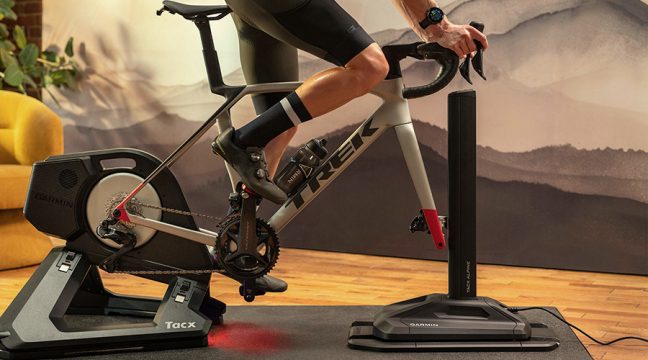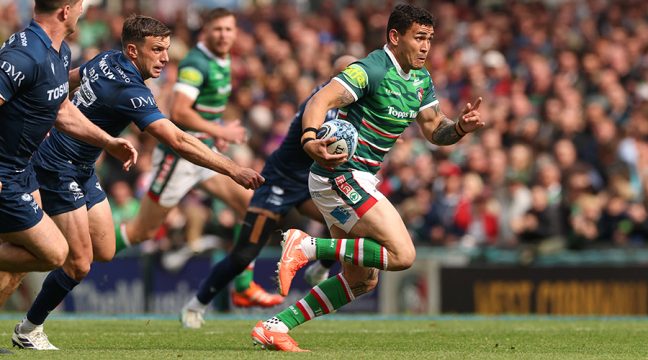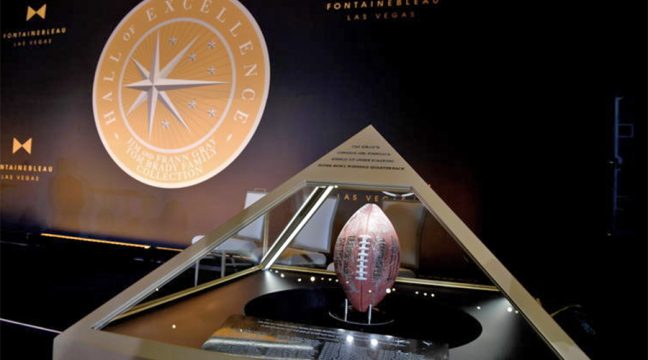By David Clucas
It’s been an active start to the year for the fitness equipment business.
In just one month, two of the industries most innovative, higher-end brands — Octane Fitness and Cybex — were purchased by their larger, publicly traded rivals.
Nautilus, Inc. scooped up specialty cardio equipment maker Octane Fitness for $115 on December 31. And Brunswick Corp. and its fitness division, Life Fitness, bought commercial cardio and strength equipment brand Cybex for $169 million on January 21.
Both sale prices came in at or above 10.5-times earnings, suggesting a healthy market in the space.
For Nautilus and Brunswick’s Life Fitness, the acquisitions not only meant strengthening their foothold in the industry, but bringing on talent and innovation from smaller, more nimble competitors. Moreover, it signaled that the high-end of the market is gaining attraction, as fitness becomes more modern and fashionable among high earners thanks to a surge in technology and importance placed on staying in shape.
Brunswick officials said the Cybex acquisition is a step in the staircase to doubling its fitness revenue to $1.5 billion by 2020.
“The competitive dynamics of the commercial global fitness market are stable and rational,” Brunswick President and COO, Mark Schwabero, said. “The market is generally higher margin than most equipment manufacturing markets. And fitness, health, and wellness are becoming increasingly important on a global basis. We believe the global fitness market is an attractive market with solid growth potential of about 5 percent through 2018. This is driven by favorable demographics, and the trends in fitness club membership and hospitality investments.”

Founded in 1970, Cybex offers a full line of cardiovascular and strength products largely serving the commercial fitness market. Its cardio portfolio includes treadmills and exercise bikes, plus the Cybex Arc Trainer, while its strength category includes customizable, plate-loaded, functional, and free weight equipment.
For Nautilus (which parents the Bowflex and Schwinn Fitness brands), the addition of Octane will help diversify sales channels, particularly in specialty retail. Since its restructuring in 2010, Nautilus had largely focused on the direct-to-consumer and mass-retail consumer markets. Octane also brings a commercial component — serving health clubs and gyms — which returns Nautilus to that corner of the business since selling off its commercial division in 2010.
“Octane has strong market position in the specialty market and a world-class product quality reputation,” Nautilus COO, Bill McMahon, said. “Achieving this same level of results would have taken Nautilus several years to accomplish otherwise.”
Founded by Tim Porth and Dennis Lee in 2001, Octane Fitness employs about 80 people and is headquartered in Brooklyn Park, MN. The company built success on making high-end, low-impact, cardio fitness equipment, including ellipticals, and most recently a product called the Zero Runner meant to better mimic a runner’s form, sans the impact.
In the year ahead, the fitness industry will likely see more merger and acquisition activity, both on the brand and retail side of the business. And while fitness is hot today, the specialty fitness retail market considerably contracted during the recession, closing many doors as a result. In addition, the surge in wearables and fitness apps is quickly altering the equipment scene. Brands will be forced to adapt, making certain their technology can seamlessly connect with their consumers’ broader health and fitness lifestyles.










